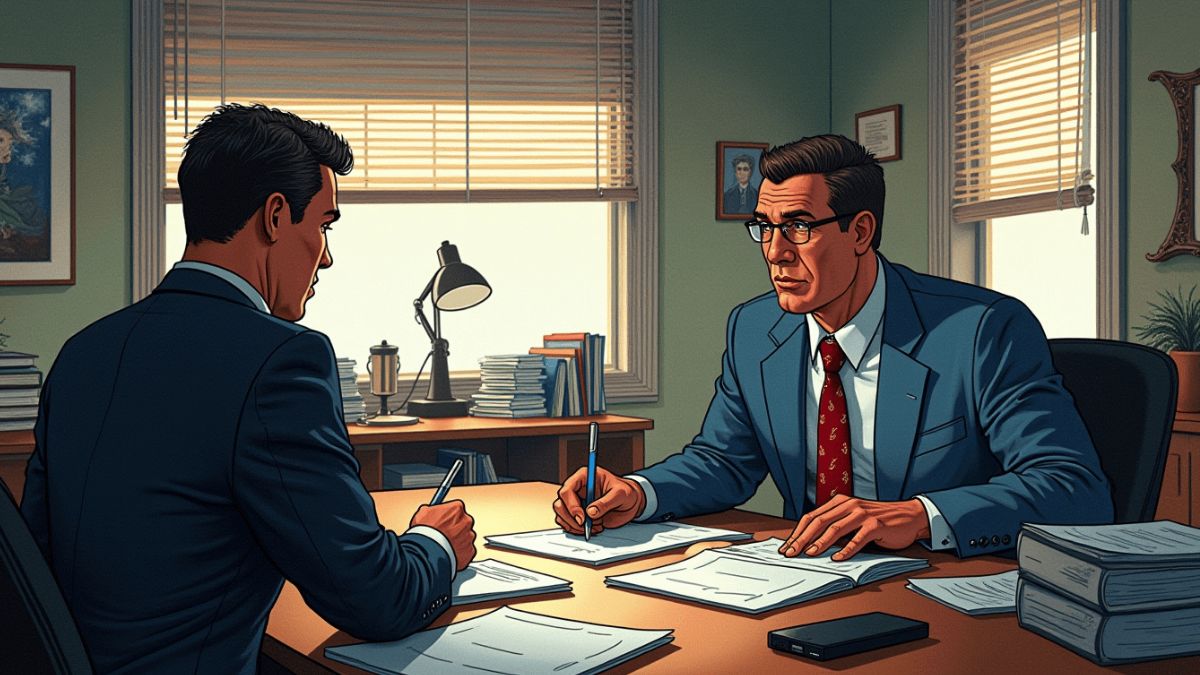
As a general rule, any employee injured at a workplace deserves rightful compensation for the damages and harm caused. They do not have to prove in a court of law that the injury occurred at the workplace. However, that is not always the case. An employer may challenge the employee’s claim and question whether they were indeed injured at the workplace to evade financial responsibility. So what can a worker do when faced with resistance to get rightfully compensated by their employer? Let’s find out.
Any injury or illness caused while performing workplace activity is entitled to receive compensation. While this may sound very straightforward, some grey areas require additional evidence and lead to disputed claims. Some injuries that occur over time due to workplace exposure may be hard to prove if there is no strong evidence linking them and the workplace. These could include:
- Repetitive strain injuries: These could include carpal tunnel and back injuries caused by performing repetitive tasks such as daily lifting.
- Occupational diseases: A worker could suffer a condition like hearing loss resulting from prolonged exposure to hazardous noise. Most companies allow easy access to compensation benefits for occupational diseases as exposure outside the workplace is uncommon, conditions like a hearing loss may be due to the natural course of life and not workplace-related.
- Sudden injuries caused by cumulative trauma: Overexertion or extreme job-related stress could cause conditions like a heart attack or stroke in rare cases. Even though the event may have occurred outside of the workplace, some factors may indicate that the nature of the job itself was detrimental to the worker’s physical and mental health.
Worker’s compensation benefits could be a lifeline to employees injured at work, especially those who cannot temporarily or permanently return to work. Let’s have a look at some essential tips to prove a workplace-related injury.
- Report the incident to your employer straight away. If you do not formally report it to the employer as soon as possible, they might use that against you and dispute the claim arguing that it did not occur on the job.
- Seek medical treatment immediately. Early treatment will not only help you recover and prevent your condition from worsening, but it is also an integral element of making a successful compensation claim. The medical practitioner will issue your first certificate of capacity, which you are required to submit with your compensation claim form. As mentioned at Allianz workers compensation WA, failure to seek medical attention immediately after the accident may lead to the employer contending that the injury is not directly related to the workplace.
- Gather all the evidence. Unless you are rushed to a hospital immediately, you must start to gather any evidence which could be worthwhile to prove that you got injured at the workplace. You could ask your coworkers to record witness statements if anyone was present at the time of the incident around you. Also, if the work area is equipped with surveillance cameras, you can ask the security department for the footage of the specific place at the time of the incident. Security came footage can provide compelling evidence in your favor if they captured the incident.
- Save all the medical records. These would be the decisive element in the approval of your worker’s compensation claim. Medical evidence is an integral aspect of it and the quantum of the compensation benefits you will receive. Be sure to visit your doctor regularly and follow all their instructions, such as taking medications. That will demonstrate that you are taking your injury and the treatment seriously. Besides, it is critical to keep detailed records of your injury and treatment to provide compelling proof of the cause of your injury when filing the claim. These include prescriptions, medical bills, and accident reports, etc. Medical evidence plays a defining role in whether a compensation claim gets approved or not.
After taking these steps, your next crucial task is to contact an experienced workers compensation attorney to help you through the process of filing a compensation claim and take care of any disputes that may arise. Recovering from an injury is a stressful situation in one’s life, and it gets worse when you enter into a hostile relationship with the employer. However, you do not have to deal with this scenario alone. A workers’ compensation lawyer can help you fight back and build a strong case with ample evidence to claim the rightful dues you deserve.




